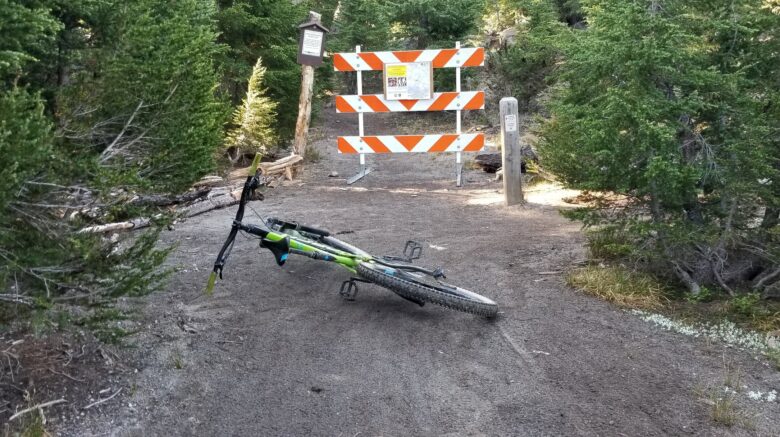Bend Bulletin Editorial: Find solutions or user access may suffer
As Central Oregon grows, the Deschutes National Forest sees more visitors each year. That can create user conflicts and the plants and animals that make their homes there. Those problems, in turn, lead to limits on access such as those that are planned to be in place in 2020 in the Three Sisters Wilderness Area.
Members of the Deschutes Trails Coalition are working to ensure forest trails are healthy, sustainable and available to the public. As the number of forest visitors grows, that’s important.
Achieving that goal isn’t just a matter of putting up signs, though the coalition is doing plenty of that. Created in 2017, it already has put money behind its vision. One grant in 2018 went for such projects as footbridges at Ryan Ranch that are built to Americans with Disabilities Act standards.
The bridges open more area up to those with mobility problems. The coalition also worked to put up better signage to divert users from a wildlife closure of the Middle Flagline train.
Other grants have gone for such things a video about how horses, bikes and humans can share trails successfully and more.
Sustainability is what the coalition, which includes everyone from the U.S. Forest Service and Oregon Department of Fish and Wildlife to retailers REI and FootZone, is all about. The group’s coordinator, Danielle MacBain, says the group wants a trail system that’s environmentally, economically, physically and socially sustainable.
That may be a tall order. The groups won’t always agree. But as the number of visitors increases, the coalition is a critical resource to get people together to work on solutions and maybe change habits in the forest.

